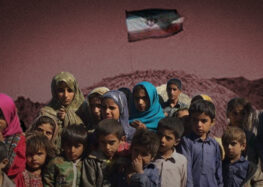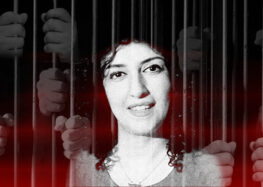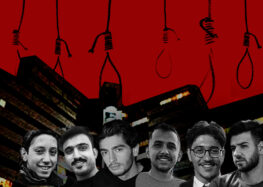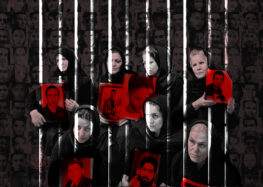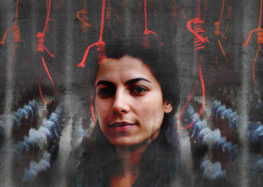Torture and Ill-Treatment Systematic, Not Result of “Negligence” and “Carelessness”
Independent investigation urgently needed to establish the truth
(10 August 2009) While Iranian authorities have claimed that abuse of detainees arrested for participating in peaceful demonstrations, or simply on the basis of their political beliefs, has been the result of “negligence” and “carelessness,” the International Campaign for Human Rights in Iran said the abuse was systematic and reflected a policy of suppressing dissent, intimidating the population, and corroborating charges by producing false confessions.
“Instead of show trials of innocent people, there should be prosecution of those responsible for torturing them, and for the shootings, beatings, and ill-treatment that have resulted in numerous deaths on the streets and in detention, “stated Aaron Rhodes, a spokesperson for the Campaign.
Two Iranian officials, Prosecutor General Ghorban Ali Dorri Najafabadi and Police Chief General Ismail Ahmadi Moghaddam, have acknowledged the abuse of prisoners in Kahrizak prison. The head of the facility and three guards have reportedly been dismissed.
Documentation assembled by the Campaign and other human rights organizations, as well as credible media accounts, show that the abuse of prisoners has not been limited to the Kahrizak prison. It has also taken place at Evin prison and in other detention facilities in Tehran and elsewhere in Iran.
The abuse of detainees has been widespread, affecting as many as 2,500 persons who have been detained. The Campaign has reviewed reports by numerous detainees, many of which have been collected firsthand by the Campaign. Virtually all these reports include descriptions of treatment that is classified as torture and ill-treatment under international law.
The widespread torture of detainees in numerous detention facilities has been confirmed by photographic evidence, reports by family members who have seen evidence, as well as by released detainees who were tortured and those who witnessed torture. In some cases, officials have made references to deliberate torture.
“These grave, deliberate human rights abuses were certainly not limited to Kahrizak, and no one should be satisfied by limited, strategic, and clearly cosmetic admissions,” Rhodes said.
The Campaign stressed the urgency of an impartial and detailed investigation to reveal the depth of systematic and widespread abuses and to hold those responsible accountable. The Iranian parliament [Majlis] has formed a committee that has been tasked with such an investigation.
The Campaign urged that the parliamentary committee be allowed unfettered access to all detention centers and detainees. It also called on this committee to invite independent lawyers and human rights defenders to assist it with its investigation. The Campaign also continues to call on the United Nations’ High Commissioner for Human Rights (HCHR) to send special envoys to Iran to document and investigate systematic and widespread killings and torture that under international human rights law are considered crimes against humanity.
“As long as there is no independent domestic investigation with a credible international component by the UN HCHR, the truth will not be known and justice will not be served,” Rhodes said.

